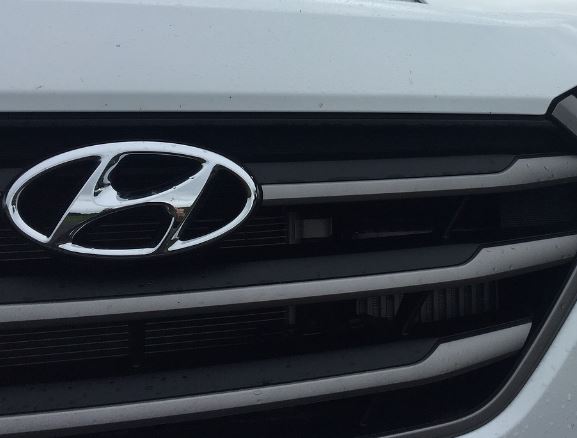While the electric vehicle (EV) landscape is dominated by massive battery technologies, Hyundai has emerged at CES 2024 with a bold reminder: the automaker is not giving up on hydrogen.
In fact, it is intensifying its efforts and exploring unconventional sources, including sewage and waste plastics, to bolster its hydrogen production.
As part of Hyundai’s broader plan to derive hydrogen from more environmentally friendly sources, the company has developed innovative processes for obtaining hydrogen from sewage and waste plastics. Chang Hwan Kim, Hyundai’s head of fuel cell development, reveals that sewage can be harnessed through a digestion process with microorganisms, producing biogas, which is then transformed into hydrogen through an upgrading process. Simultaneously, plastic is melted into a viscous substance resembling black honey, which can be converted into gas and further refined into hydrogen. Remarkably, Hyundai asserts that this method can be applied to plastics that are typically deemed non-recyclable. This move is crucial, considering that a significant portion of industrially available hydrogen is currently refined from natural gas, tethering it to fossil fuels.
Although Hyundai currently offers only one hydrogen fuel cell vehicle, the Nexo (introduced in 2018), the automaker is not steering away from batteries. According to Kim, batteries and fuel cells are not competing technologies but serve different purposes. Batteries are for energy storage, while fuel cells are for energy conversion. Due to the superior energy density offered by fuel cells, Hyundai plans to focus on deploying them in industrial applications such as large trucks, construction equipment, and even ships. Already, a fleet of 30 big rigs powered by Hyundai’s Xcient fuel cells is operational at the Port of Oakland.
Hyundai’s commitment to hydrogen extends beyond developing innovative processes. The company is actively involved in a U.S. government initiative aiming to establish seven regional hydrogen hubs across the United States. Additionally, Hyundai plans to use hydrogen at a new electric vehicle factory under construction in Georgia. In a collaborative effort, the company is partnering with Indonesia to implement its waste-to-hydrogen process in West Java. With a total investment of $1.4 billion in hydrogen since initiating fuel cell development in 1998, Hyundai is earmarking another $1.4 billion in the next three years to further its hydrogen endeavors.
